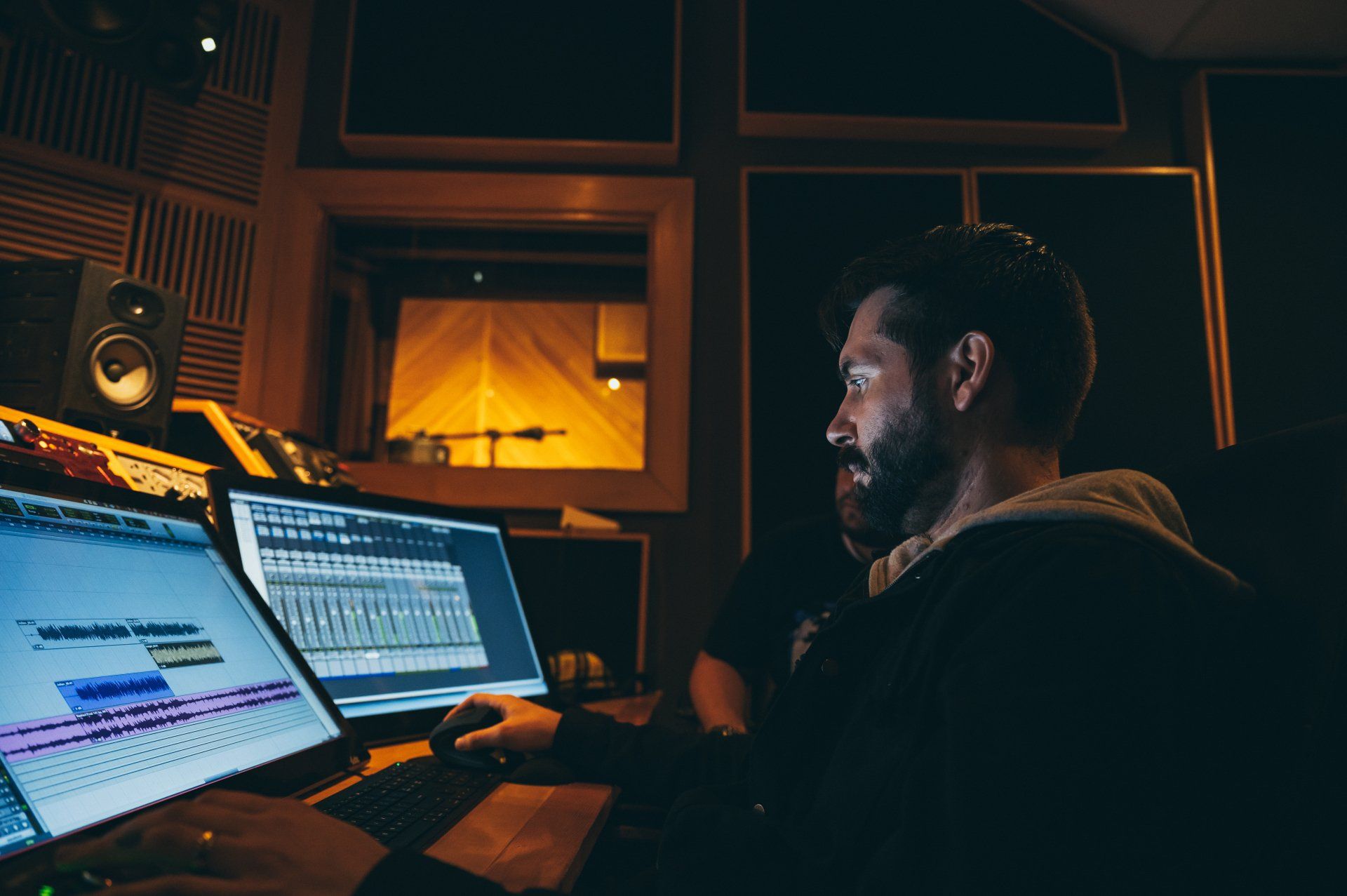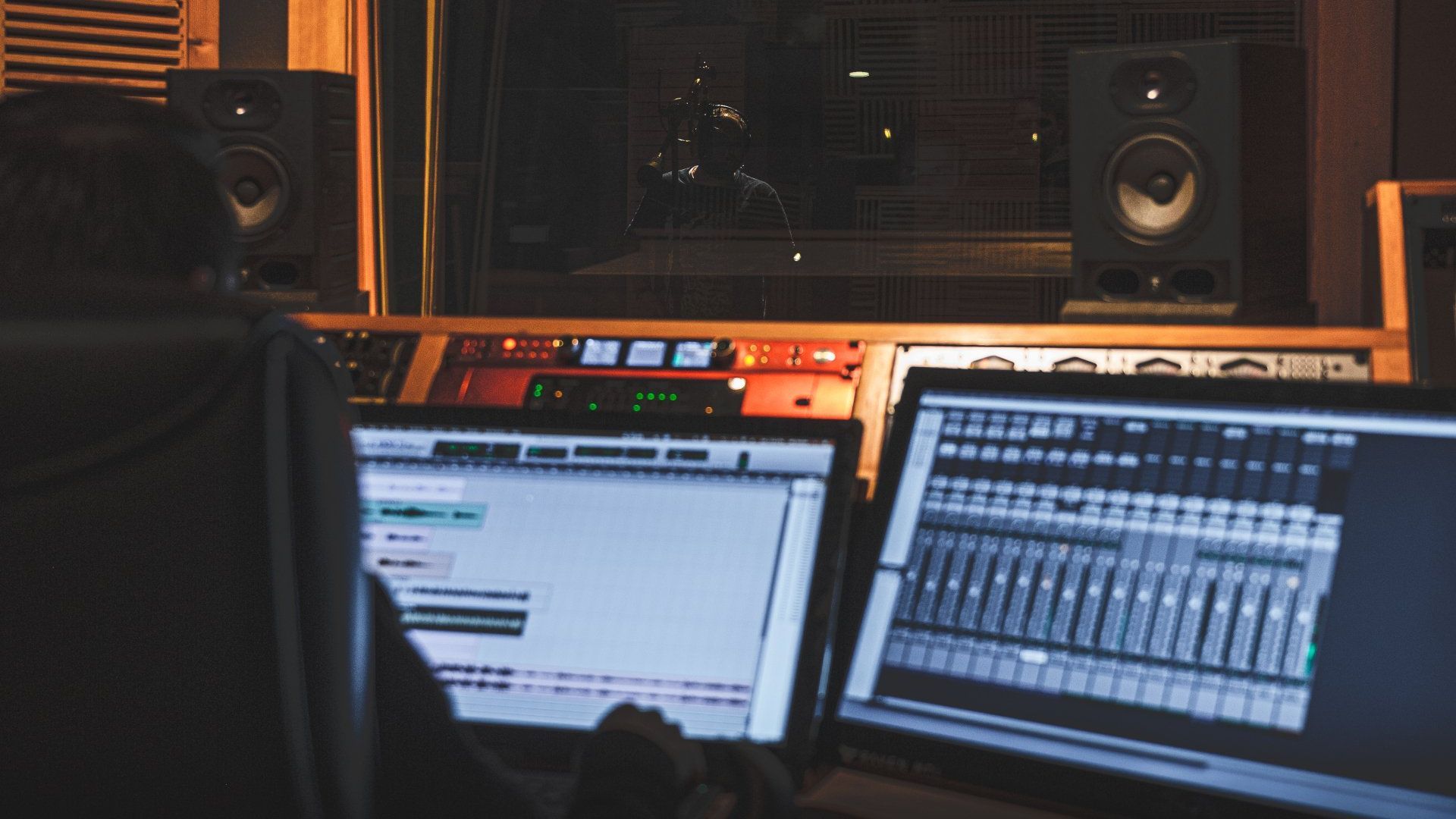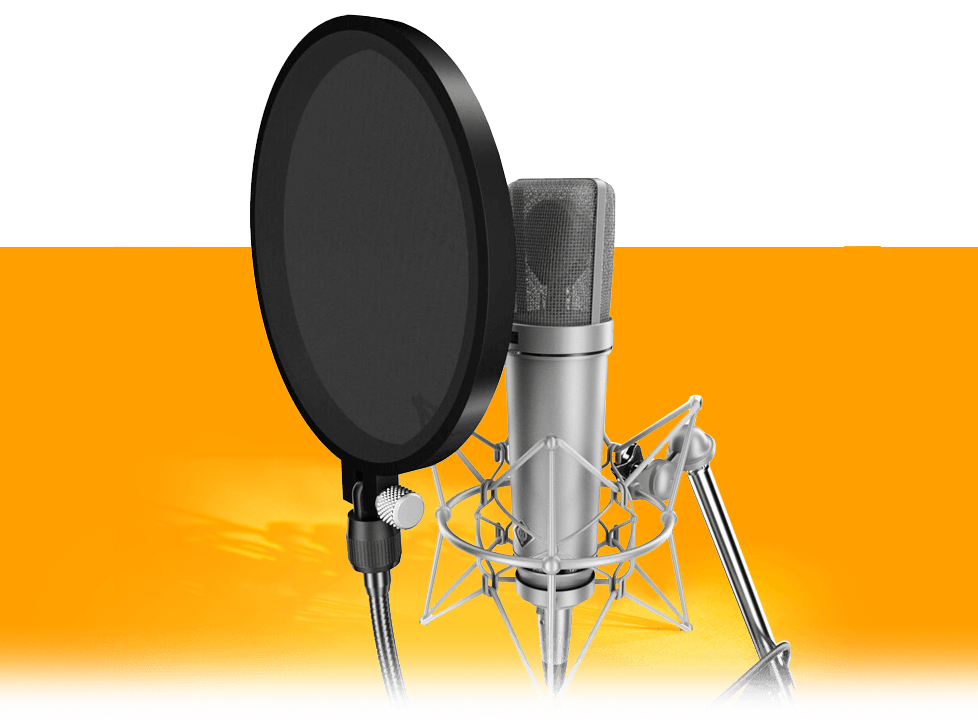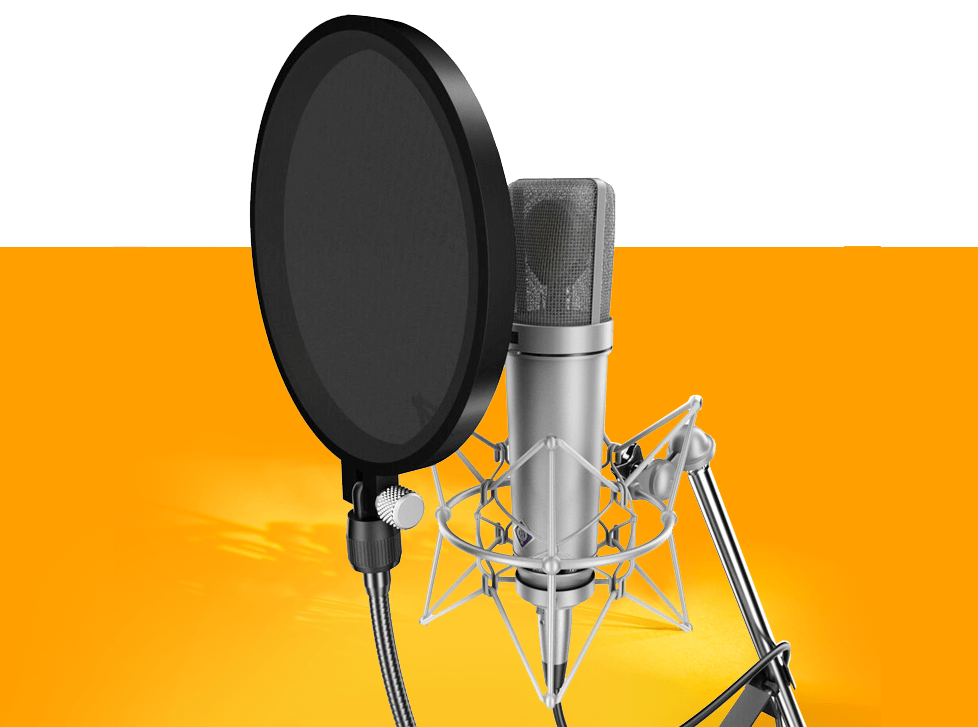What Skills Do You Need to be a Sound Engineer?
Jeremy Alves | March 1, 2023

Audio engineering is a broad field of study that teaches students various skills they’ll use as they pursue various career paths. The goal of sound engineering programs is to prepare students to build their ideal career, whatever that may look like.
For example, one graduate of a sound engineering course may record audio for a recording studio. At the same time, another will manage and configure the hardware involved in the live broadcast of a sporting event.
Whichever career you pursue post-graduation, you’ll need a strong understanding of crucial audio engineer skills. Keep reading to learn more about how engineers use their skills; then, we’ll dive into specific skills you’ll acquire while at audio engineering colleges.
How Does an Audio Engineer Use Their Skills?
Audio engineers will put their skills and knowledge to work by managing all the technical components involved in recording or broadcasting audio, including music, voices, and effects. Audio engineers need a strong understanding of both hardware and software, making it an excellent career for technically-minded students.
Additionally, audio engineers will need the same soft skills many other careers require. For example, an audio engineer may have periods working alone, but they’ll usually be part of a team of engineers, vocalists, and producers working towards a common goal. Therefore, understanding how to communicate and collaborate is essential.
Some general job duties a sound engineer may perform that use their specialized skills include:
- Improving the sound quality of recordings during production and post-production
- Solving issues with hardware and software
- Removing unwanted sounds from recordings with software
- Coordinating with the entire team of producers, artists, and directors to create a polished final product
- Setting up, configuring, and testing equipment during pre-production
You’ll have specific duties based on how you build your career. The mission of a school of audio engineering is to prepare you for whatever your career will call for by teaching you essential skills.
Audio Engineering Skills You’ll Learn at Sound Engineering College
What skills will you pick up while attending audio engineering schools? Upon completing the course, you’ll have a range of skills that will prepare you for your career as a professional audio engineer in various industries.
Let’s explore common knowledge and training you’ll learn during your education.
Digital Audio Workstation
Most engineers will spend plenty of time in Digital Audio Workstations (DAWs). Music and sound production depend on DAWs to manage recordings, compose music, mix different channels, and master the track for publishing.
Audio production is highly focused on DAWs, but audio engineering programs will also teach you how to use this software to perform critical duties. Most industries have a DAW that’s considered the standard, such as Ableton, Pro Tools, Logic, or FL Studio. It’s worth learning a few and specializing in the DAW your future industry typically uses.
An engineer will ensure all hardware is connected correctly and configured to feed audio to the DAW. Additionally, you’ll learn how to mix channels, master tracks, and may even take on the producer role in some cases.
Hardware Management
Hardware is involved in any audio project that involves recording or broadcasting. Microphones, monitors, mixing boards, and other specialized gear are vital to the project's success.
Audio engineers are the go-to experts on the team for setting up, configuring, and testing hardware. During your education, you’ll learn the ins and outs of various types of equipment, how they interact with each other, and how to set up a complete production environment.
A few types of hardware you’ll use are:
- Studio monitors, both for the artists and producers
- Monitor isolation pads
- Acoustic panels
- Bass traps
- Audio interfaces
- MIDI controllers
- Mixing boards
- Pop filters
- Cables and connectors
Mixing Techniques
Audio mixing involves taking all recordings and MIDI tracks in a project and blending them together to create the perfect sound for the project. Mixing is the intersection of technical knowledge and creativity, as you’ll need to know what sounds great and how to make it happen with the tools at your disposal.
Mixing itself is an entire specialty, and in large projects, an engineer might focus solely on mixing tracks. There are seemingly endless mixing techniques to explore, but some of the most common techniques are:
- Panning: You don’t usually want every audio track to play equally on both left and right channels, known as the center. Panning involves tactfully altering which side the audio will play from, such as making closed high hats play mainly on the left. Auto-panners are also commonly used to provide a more dynamic experience.
- Reverb: Reverb adds depth and breadth to the track, filling up more of the audio spectrum. Strategically adding reverb, such as to the snare, can enrich the sound and help work toward the project's overall vision.
- Compression: You’ll see compression used in various ways throughout your career. Generally, compression adjusts a sound’s loud and quiet aspects, allowing whispers to gain volume without amplifying everything else on the vocal track. You may also use compression to amplify the thickness of a kick or the intensity of a bassline.
- Noise Reduction: Sometimes, the recording will capture unwanted background sounds. Noise can also occur due to a misconfiguration in hardware, but it isn’t severe enough to warrant re-recording. Noise reduction is a technique focusing on removing what you don’t want while keeping what you do.
- Filtering: Specific software allows you to filter a recording or MIDI track to modify the overall sound. Some filters will cut off everything above a chosen frequency, some will cut off everything below it, and complex filters will pick and choose what to remove. Using filtering tools effectively can significantly improve a track.
Equalizing
An equalizer (EQ) is a specialized type of software within the DAW that enables you to monitor the entire spectrum of audio based on specific frequencies. You’ll then fine-tune how specific frequencies are played, such as lowering the high end and increasing the low end for a kick.
The term EQ generally refers to software, but many hardware components modify sound frequencies during recording or broadcasting. For example, mixing boards, amps, and guitar pedals equalize sound before it reaches the DAW.
Learning a range of specific EQ techniques helps you improve the quality of a recording or the track overall. In addition, you’ll often work closely with the music producer to help modify tracks to accomplish the producer’s overall vision.
Using an EQ involves mastering, but mastering is not limited to an EQ. We’ll explore mastering more below.
Mastering
Mastering is usually the final step in a project before the track is exported and delivered. First, composition, recording, and mixing have all been completed to achieve the project's overall goal. Then, mastering fine-tunes everything, producing excellent sound quality on any equipment while also working towards the project's overall vision.
EQs are an essential tool in the mastering process. An engineer may apply an EQ to every individual track to ensure no frequencies overlap unintentionally, alongside mastering the master channel to produce ideal output. Other software tools may also be put to work, such as limiters or adaptive compressors, to improve the quality of the result.
Testing is an essential step in the mastering process. Few people will listen to the result on high-end studio monitors, and most speakers and headphones have built-in equalizers that will modify how your track sounds. Anticipating these variances is essential to having the end product sound great wherever it’s played.
Acoustics
Any project involving recording or broadcasting will require a strong understanding of acoustics. For example, a recording booth will need to only capture vocals or instruments, not echoes, and a venue will aim to provide a great experience to everyone in attendance.
Live sound engineering courses impart both hands-on training with hardware alongside teaching the science of sound. First, you must understand the scientific principles of sound so you can adapt to any environment. You’ll then put these principles into practice as you set up, configure, and test hardware for a recording or live sound project.
Music Theory
Music theory is complex, and an audio engineer doesn’t usually need to know every principle and term. However, it’s a good idea to have a strong understanding of the basic principles of music theory, especially if you plan to work within the music industry.
A sound engineering course will impart a firm grasp of terms like tempo, meter, and keys. You may also explore ideal chord progressions, the Circle of Fifths, and other components of music theory that help you contribute to how pleasing the final product sounds.
Soft Skills
Everything we’ve discussed above is specific to the world of audio, but to succeed in the industry, you’ll also need to work on your soft skills. Generally, soft skills describe elements of your job that aren’t directly related to your core roles but are still crucial to learn. Important soft skills for an engineer include:
- Communication: How well can you work within a team? Can you take criticism well? Can you convey specific tasks you need to complete to move forward with your own responsibilities?
- Adaptability: Sometimes things don’t go according to plan; how well can you maintain a level head when problems or roadblocks arise? Can you stay calm and re-evaluate how you can handle your responsibilities to help the project stay in motion?
- Time Management: You’ll typically have deadlines for specific tasks but may not have someone watching your every move to ensure they’re completed. How well can you work semi-independently to accomplish specific responsibilities and keep the project on track?
An audio engineering school will teach you how to succeed in your new engineering career by being an excellent person to work with.

Attend OIART’s School of Audio Engineering to Begin Your New Career
Audio engineering is an exciting career option for those interested in a technical career within the world of audio. It’s often a blend of creativity, technology, and science, which can be highly fulfilling for the right person.
Are you ready to take the first step toward your new career? Start building your skills with OIART today —
apply now.
Ready to Start?
OIART's Audio Program Includes:
✓ Small Class Sizes
✓ On Site Facilities
✓ Industry Leading Instructors
✓ Post Grad Support & Guidance
✓ Exclusive 11 Month Program
Top Reasons Why You Should Choose OIART.
Have Questions?
If you have questions about our audio engineering and music production program or would like to book a tour, we would be pleased to speak with you.
Text Us: 519.200.4151
Share This With a Fellow Music Lover
Apply in 3 Steps!
Step 1: Click Apply Now to start.
Step 2: Answer questions about yourself.
Step 3: Submit and check your email.
Share this with fellow music lovers


